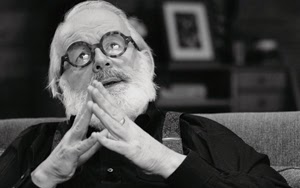عرضت هذه الورقة في الندوة الدولية حرية الصحافة
والأخلاقيات الصحفية آليات التعديل الذاتي
يناقش مهنيو قطاع
الصحافة المكتوبة والإلكترونية في تونس إحداث مجلس صحافة. ولا يزال الغموض يلف هذا الهيكل الجديد حتى في
الأوساط الصحفية.









.jpg)


















 Time in Tunis
Time in Tunis